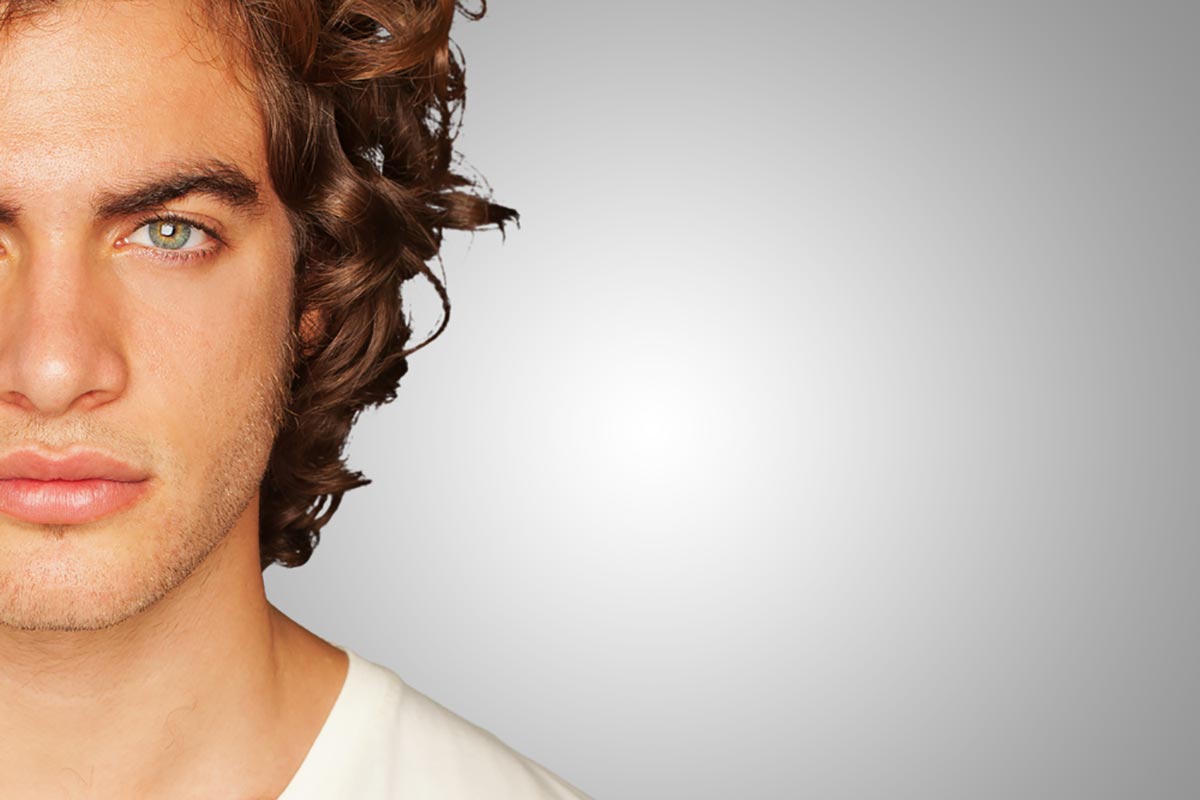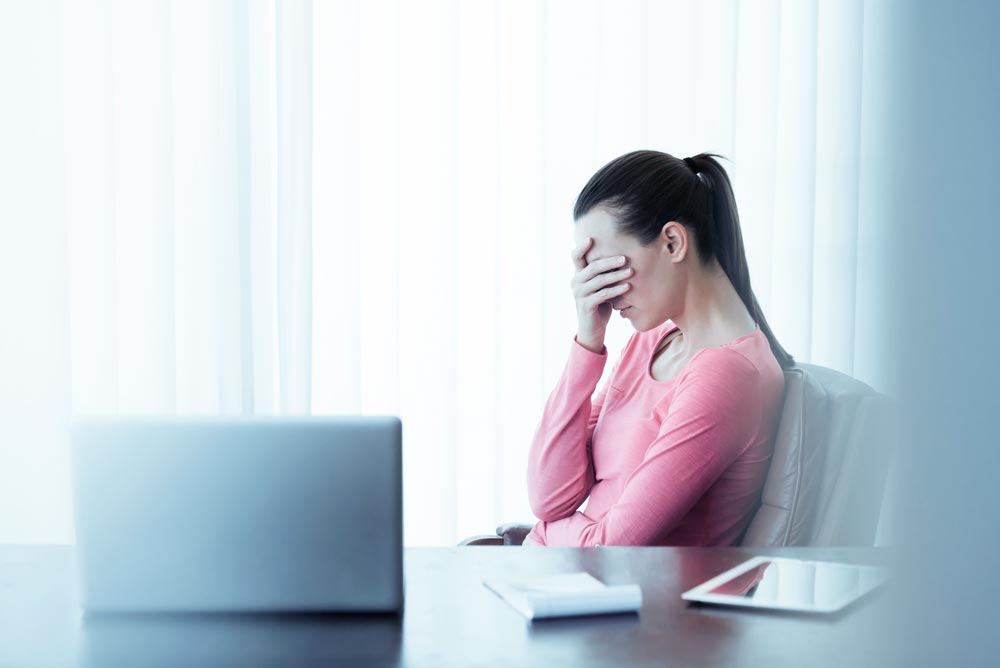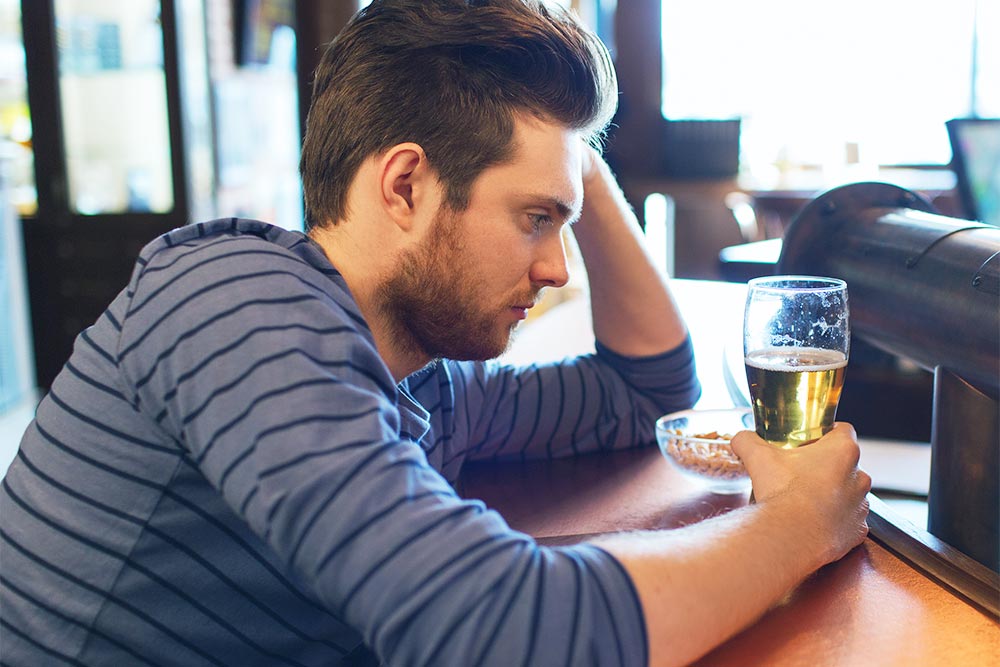
If you’re moving into recovery, you know that relapse is an ongoing threat to your health and your progress. Unfortunately, the risk of that will always be a problem, which is why many people in recovery continue to get help, go to aftercare, and continue to seek out both nonprofessional (self-help) and professional (counseling, therapy, sober homes, etc.) help. While it’s important to ensure that you have ongoing care and resources to reach out to in case something goes wrong, it’s also important to understand what can cause a relapse, how to recognize an impending relapse, and how to reach out for help.That often starts out with understanding your triggers. Here, it’s important to keep in mind that triggers are unique and personal. Yours might be very different from what’s on this list.Therefore, managing yourself and your recovery will almost always include some amount of self-awareness,
logging when you feel cravings, and figuring out what makes you crave drugs or alcohol.You can work on that with a counselor or therapist. However, many people experience some variation of the following triggers, which may help you to recognize and react to your own.
What Are Triggers?
Triggers are incidents which push your brain into a response to use drugs or alcohol. In some cases, the trigger is to directly drink or use. In other cases, the trigger is something that sets off a chain reaction that eventually results in relapse.
Triggers are things that most people think of as negative. For example, we’re all used to hearing about triggers for PTSD, where traffic jams can cause someone to relive the experience of a car accident or how fireworks may cause a veteran to relive an experience of gunfire or bombing. Yet, triggers can also come from positive events. A promotion may trigger you into feeling like you should get to celebrate and have a break and that might end up in a relapse.
It’s also important to keep in mind that triggers don’t have to kick off an immediate reaction. You could experience something that sets things in motion, resulting in a relapse in 2 months. However, the trigger remains the thing that kicked it off. Learning to recognize those triggers and cope with them in healthy fashions will help you prevent the relapse.
Triggers can be anything. They also vary per person. The things that cause you to drink or use won’t be the things that cause your peers to drink or use. However, there will be overlaps.
Get Your Questions Answered
Our expert & caring staff on site are available 24/7. Call us today.
What Are Some Common Relapse Triggers?
There are hundreds of things that can count as “triggers”. In fact, there’s no real limit on them. However, the following items include some of the most common triggers that precede a relapse.
1. Stress
Stress is the most common relapse trigger. It’s also one of the most common triggers for addiction. This means that stress management should be your number one priority in recovery. If you feel like you have to escape from life, you’re setting yourself up for a relapse. Learning stress management strategies, taking stress to directly reduce stress in your life, and proactively learning how to handle situations and incidents in a manner that mitigates stress will all help you to stay clean and sober. Taking steps might mean stepping to a less stressful job, trying to reduce commute, hiring a babysitter, working to live in a quieter area, getting rid of tasks that cause you a lot of stress, learning mindfulness or meditation techniques, improving how you dela with situations, and much more.

The important thing is that you take active steps to reduce stress so that you don’t find yourself triggered into drinking or using. Here, talking to your doctor will be an important step.
2. Feeling Bad
Feelings of negatively such as anger, grief, sadness, loneliness, and boredom are all triggers for substance abuse. In fact, if it makes you feel like you want to get away from it, it’s probably a trigger for you. That’s especially true while you’re in recovery, because you’ve already trained your brain that drinking or drugs is a way out of whatever you’re feeling. If you feel bad for example because of a breakup, difficulties at work, a traumatic event, or even just feel lonely and sad, you’ll probably feel a lot of internal pressure to use. And, that can mean that you will be triggered to relapse because you’ll have pushed the buttons that lead to drinking or using again – providing you don’t find healthier coping mechanisms in the meantime. The bad news is that negative emotions are an unavoidable part of life. You’re going to want to start working on healthy ways to manage and cope with negative emotions, and the sooner you do it, the easier staying in recovery will be.
3. Feeling Good
It’s unfair that feeling good can also be a trigger, but it can be. Here, many of us associate good times with substance abuse. That can mean you are triggered into using by good times. For example, you get married, you get a promotion, a new car. What do you want to do? You want to celebrate. And, what do you associate with celebrating? Substance abuse. Being aware that this is a risk can help you to mitigate it. However, you’ll also want to make sure you have people to talk to, that you have a good idea of how to have fun without relapsing, and that you can figure out how to feel like you’ve had a party and an outlet without substance abuse.

4. Re-exposure
The most common trigger that most people run into is exposure. However, that can be very multifaceted. For example, re-exposure can mean:
- Locations – You might be surprised to walk into a room where you used to get high or drunk and find that you’re experiencing cravings or worse just reacting without thinking but it’s a common experience. It’s important to watch yourself around places you used to abuse substances in, places you used to buy substances in, and places where you used to hide substances. For example, most people are aware that a liquor store is going to be a problem if they have an issue with alcohol.
Most people don’t realize that taking the route home from work past the liquor store can trigger an automatic reaction to park their car in the lot and get out. Those kinds of automatic reactions can be surprising, and they can result in relapse because you’re just following habits without thinking.
- People – People can be triggering in multiple ways. For example, if you used to abuse substances with them. Or, if they resulted in you using to begin with. People who caused trauma that resulted in escapism, people who were around a lot when you were using, and people who cause a lot of stress can all result in a triggering experience. Here, you’re typically better off working towards exposure therapy and learning to cope with these triggers, because you can’t always avoid people.
In every case, re-exposure can put you at risk of a relapse.
Getting Help
Moving into recovery means dealing with yourself, your cravings, and your triggers. It means working to understand yourself, what makes you tick, and what makes you want to escape. It means talking to addiction treatment professionals and trying to work towards finding healthy coping mechanisms. And, it means having accountability so you can check in, have people help you when things are starting to go badly, and get support. Recovery is often not a straightforward path, you may have setbacks, you may need additional treatment, and you might slip up. It’s important that you have the support system in place to ensure you can get that help when you need it.
If you or your loved-one struggles from alcoholism or other substance abuse please contact us today and speak with one of our experienced and professional intake advisors about our alcohol rehab, detox, and residential treatment programs. 10 Acre Ranch also has specialty tracks like our pet friendly drug rehab and couples substance abuse treatment programs. We’re here to help you recover.






